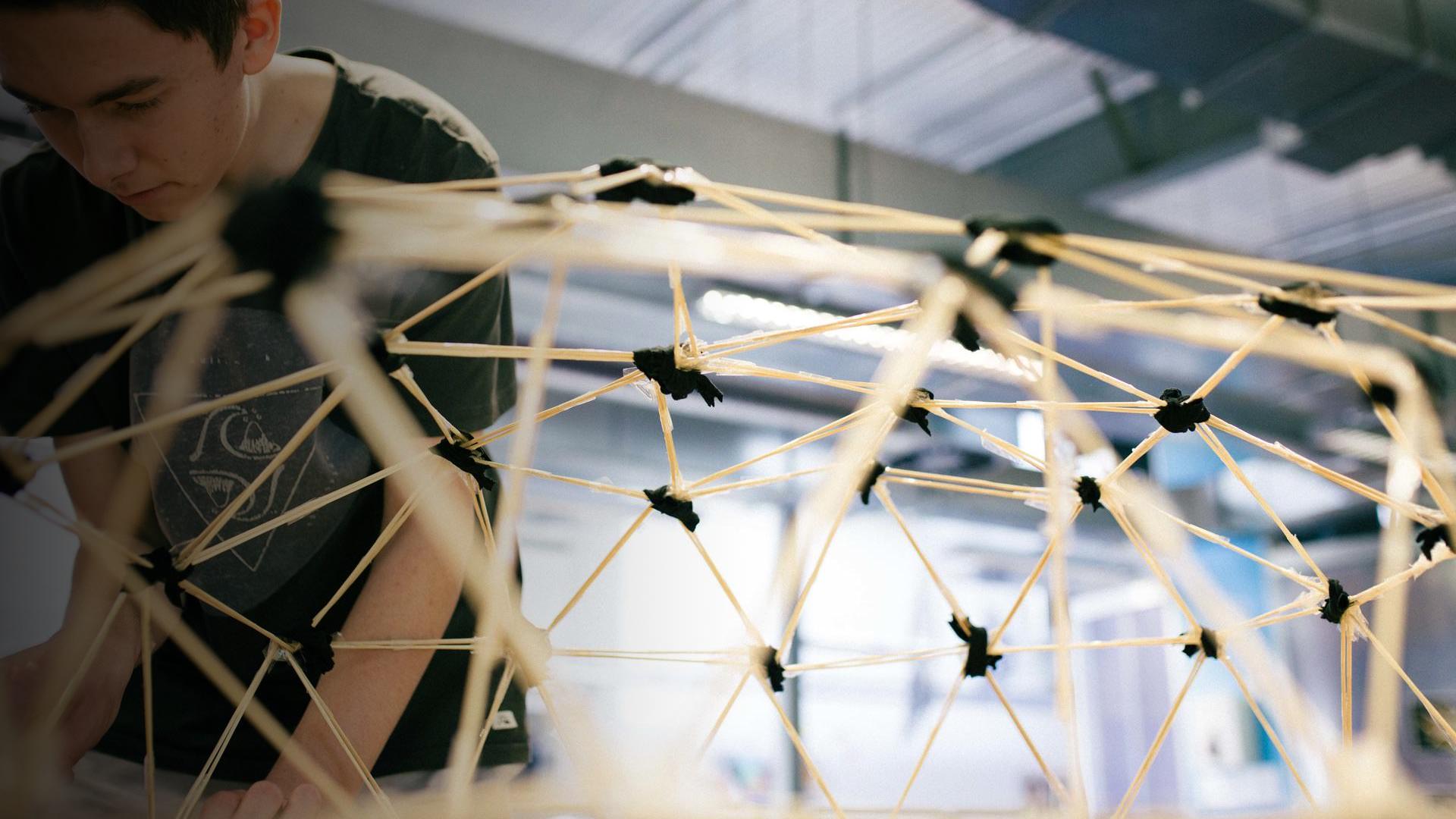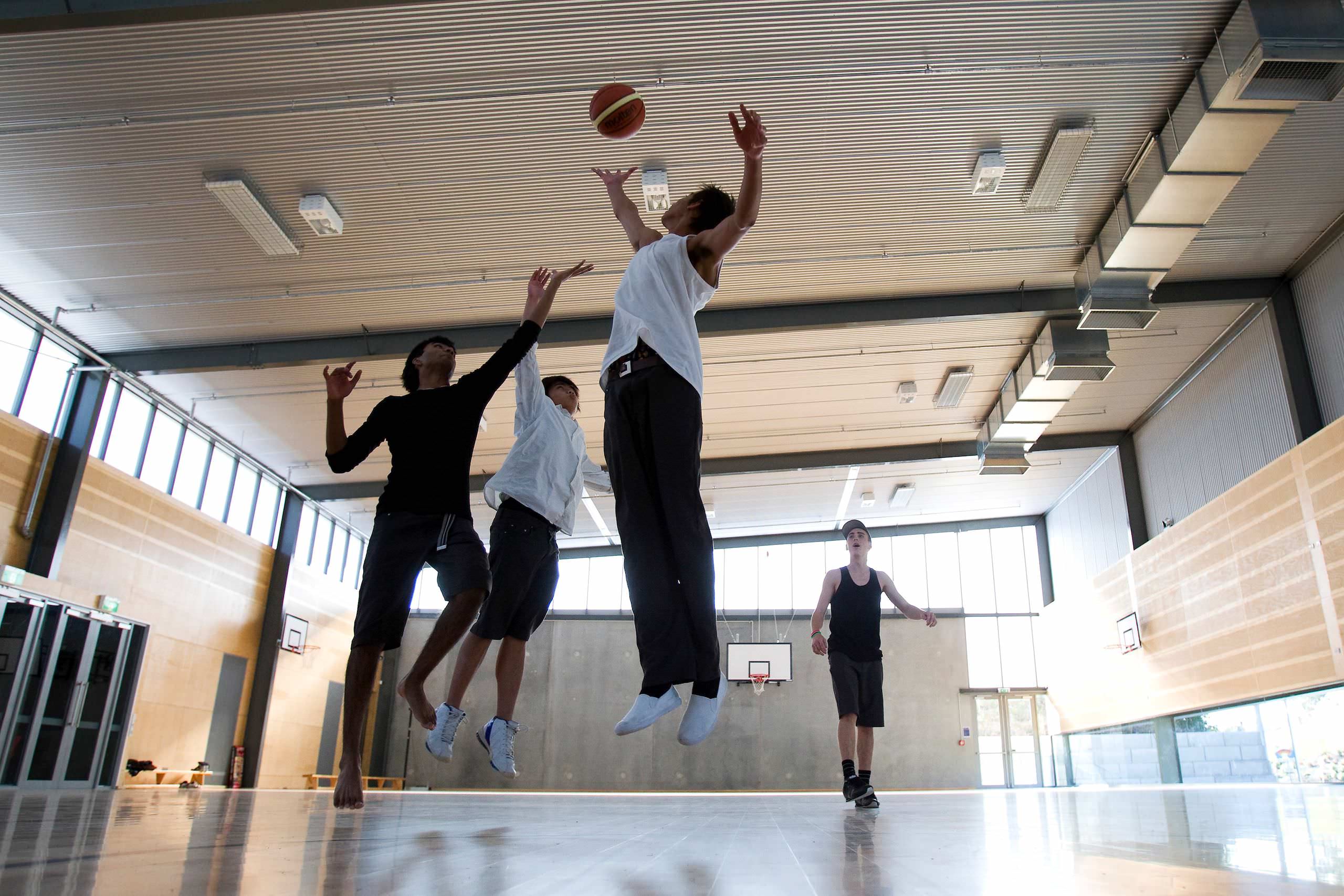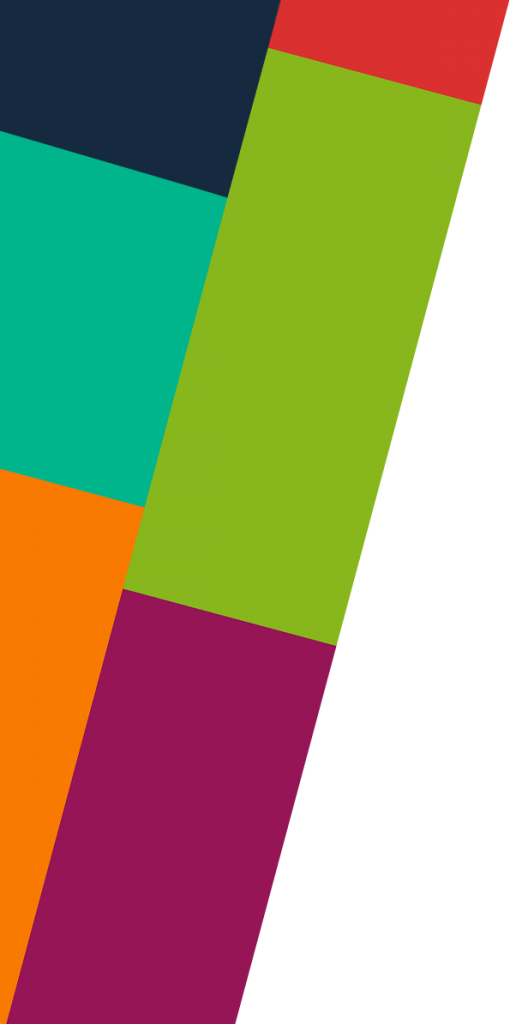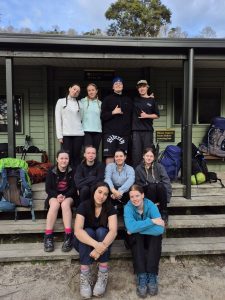Learning linked to the real world.
Impact Projects provide a unique opportunity for learners to pursue their interests in real-world contexts. Each Wednesday, students collaborate with responsive mentors and authentic partners to develop the skills and dispositions essential for future success, while building the personal agency needed to face both life’s challenges and global issues. The quality of these projects is guided by four core principles:
- Student ownership and agency
- Substantial learning beyond the classroom
- Quality product and process
- Participating and contributing with the community
What do Impact Projects look like?
In a world of work that is rapidly evolving – not in a linear way, but exponentially -young people need the skills and mindsets that will enable them to reach their full potential. Through year-long mentorship, with mentors working alongside students across two semesters, learners develop key qualities within their projects that prepare them for this changing landscape, including:
- Creativity
- Critical thinking
- Communication
- Collaboration
- Problem solving
- Project management
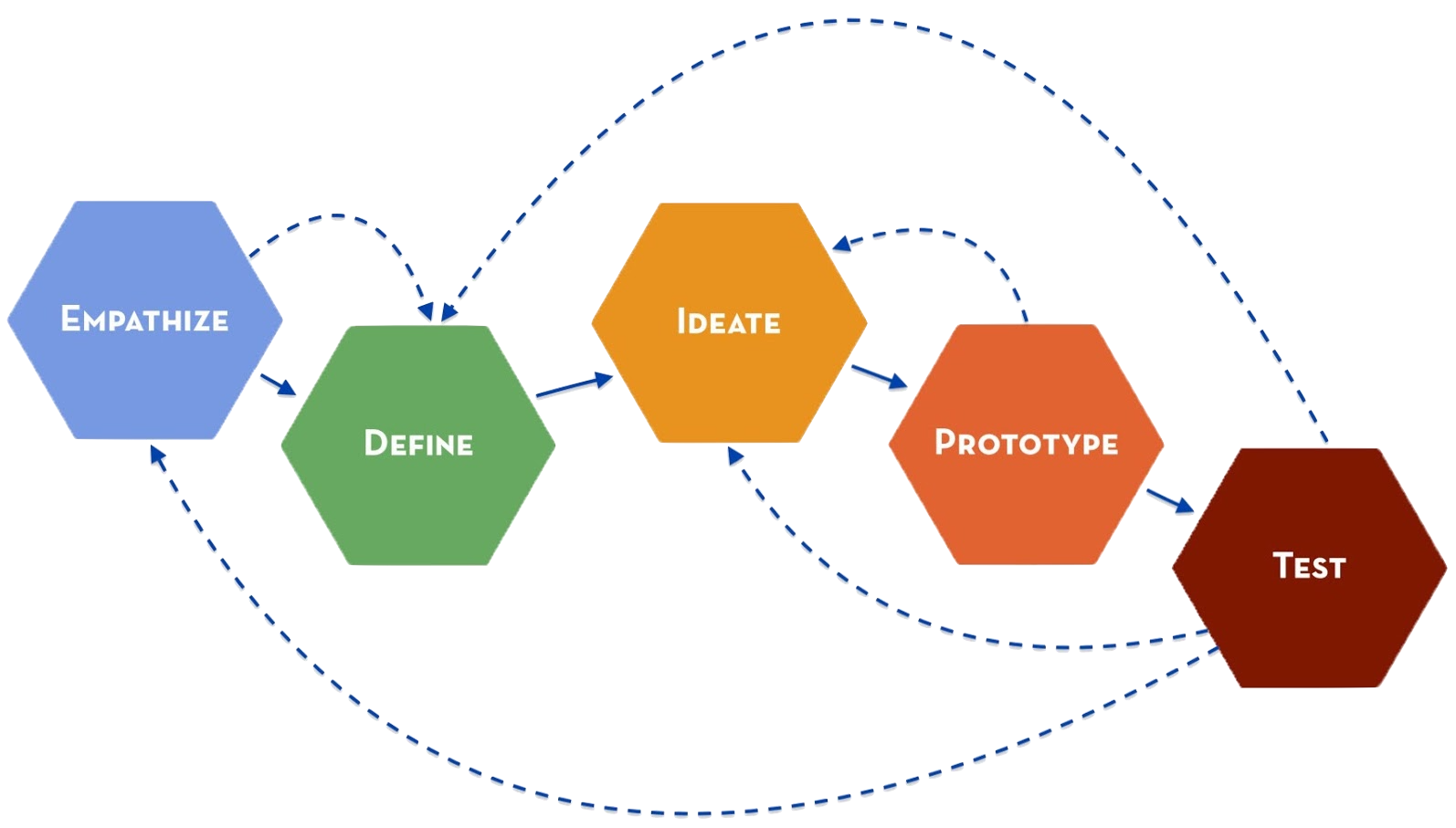
Students engage in problem-based scenarios rather than jumping straight to solutions, learning not only to answer questions but to frame them through the Design Thinking framework developed by Stanford’s d.school.
This approach encourages a shift from traditional measures of IQ and EQ toward developing AQ – the Adaptability Quotient – fostering resilience and the ability to cope with uncertainty. It breathes life into all aspects of the New Zealand Curriculum, including its Vision, Principles, and Key Competencies, while providing opportunities to work with authentic community partners and nurture global citizenship.
Through this process, students are able to explore and discover their individual strengths, emphasizing that it’s not about if you are bright, but how you are bright.
2025 Impact Project Examples
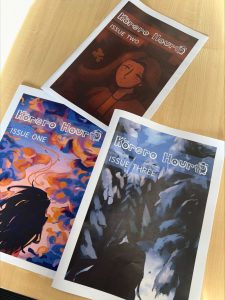 |
Kōrero Hour A student-led newspaper celebrating student voice, achievement, and art. Through collaboration, creativity, and responsiveness to community feedback, they have produced a publication that has made a significant and lasting impact on school culture and connection. |
|
|
Let’s Go This year-long project showcased advanced planning, teamwork, and authentic leadership. Students managed every aspect of a multi-day expedition to Nelson and the Abel Tasman, budgeting, fundraising, logistics, and safety, while applying design thinking throughout. The result was a transformative experience that tested their resilience, adaptability, and collaboration in real-world contexts. |
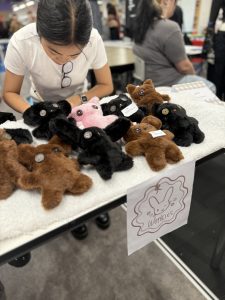 |
Wonkies This year-long project showcases true creativity and perseverance. Starting from scratch, the team designed and refined their original “Wonkies” plushies through prototyping and testing, selling out within 30 minutes at their first showcase. Continuing into semester two, they expanded their range with crocheted clothing and personalized touches – an outstanding example of design thinking and entrepreneurial spirit in action.
|
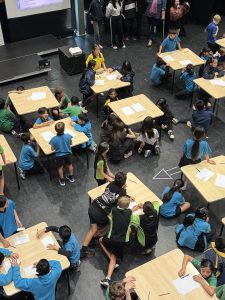 |
Primary School MATHEX This student-led project showcased impressive organisation, initiative, and authentic leadership. A Year 12 learner independently delivered a Primary School MATHEX competition for more than 70 students, managing everything from planning and judging to MCing, coordinating support, and overseeing pack-down. The result was a vibrant, community-focused event that gave younger learners a rare opportunity to be challenged, collaborate, and celebrate success – laying the groundwork for an exciting annual tradition. |
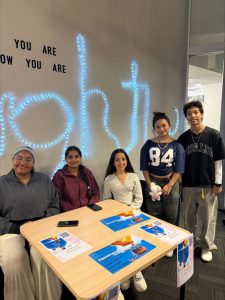 |
Tūmanoko This powerful student-led project highlighted creativity, advocacy, and authentic community impact. As peace ambassadors, Tūmanako helped drive a national initiative encouraging young people to use art as a voice for peace – partnering with schools, leading workshops, and gathering over 100 pieces of art for exhibition. Their efforts showed how hope can spark collective action, proving that meaningful change begins with small steps, and marking a proud achievement for our school. |

